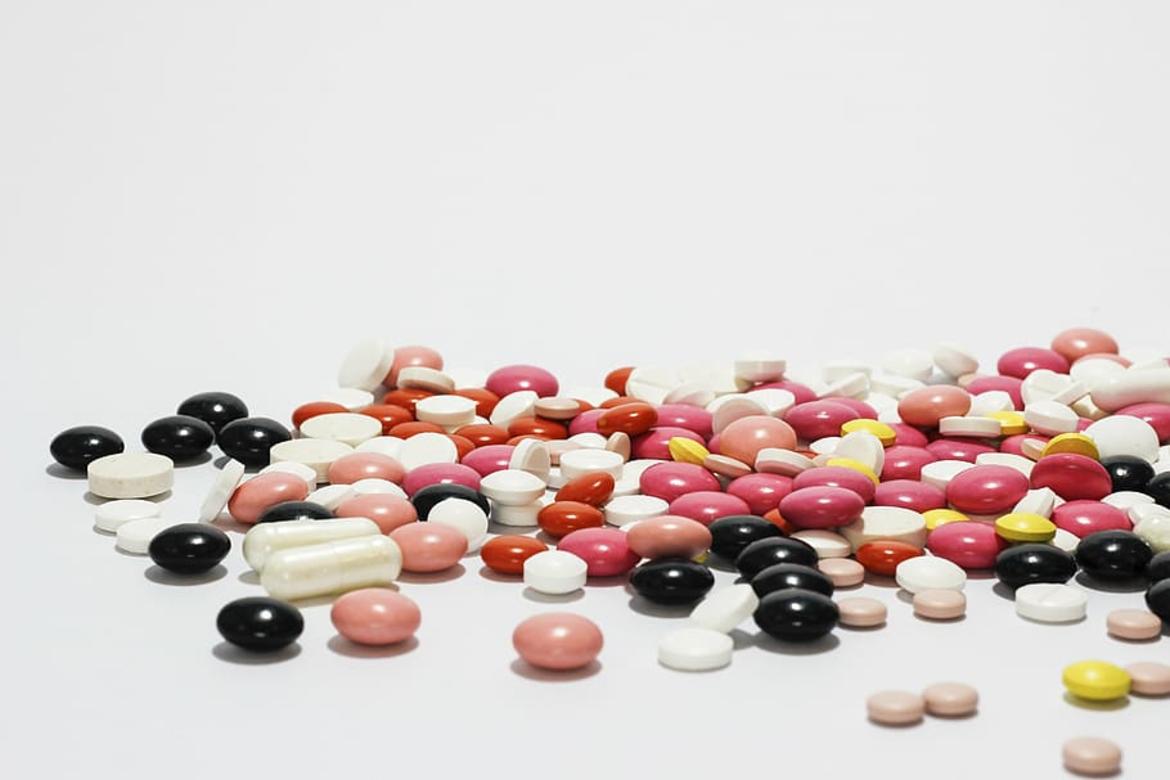Health
Large investigations
Stories
We inaugurate a new format for EDJNet's newsletter: once a month, we send out a special newsletter with a thematic focus, while the standard newsletter comes out every two weeks. Here's the March focus.
March 31, 2020
Since the data available on the coronavirus pandemic is patchy and incomplete, it needs to be approached with caution and an awareness of what it can – and cannot – tell us about the deadly virus.
March 24, 2020
Calls have been coming from all sides for the EU to intervene in the COVID-19 crisis in the name of European solidarity. Although the Union has little room for manoeuvre in the public-health sphere, it can use the powerful lever of economic and monetary policy to counter the coming economic downturn.
March 19, 2020
Most of the drugs sold worldwide come from India and China, where production is cheapest. As a result, Europe’s supply of medicines is in the hands of a few companies.
March 18, 2020
The COVID-19 outbreak has revived fears over acute drug shortages in Europe, sparking calls to repatriate the production of pharmaceutical ingredients from China. But rebuilding capacity would take years, if it were even possible.
March 11, 2020
How prepared are European hospitals to manage a steep increase of intensive care hospitalizations, needed in severe cases of coronavirus syndrome? We have collected some data, but the picture is far from complete.
March 11, 2020
Data shows awareness is key on World Cancer Day, the global initiative led by the Union for International Cancer Control (UICC).
February 3, 2020
The number of victims of road accidents is decreasing year after year in Europe, but its reduction is slower than anticipated. Every year, about 25,000 people still die in accidents in the EU. More decisive measures are needed, from further lowering alcohol limits to investment in infrastructure.
December 30, 2019
Greece takes the bloody lead in terms of deaths and injuries in rail accidents in the EU, with about 25 victims per year. Problems are mainly caused by unsafe level crossings, poor infrastructure and traffic management systems, and understaffed companies.
December 30, 2019
Europeans are getting heavier. One in three 30-year-olds weighs more than they should, and a full half of 40-year-olds are overweight. Only 44 per cent of people do some form of exercise at least once a week.
December 18, 2019










